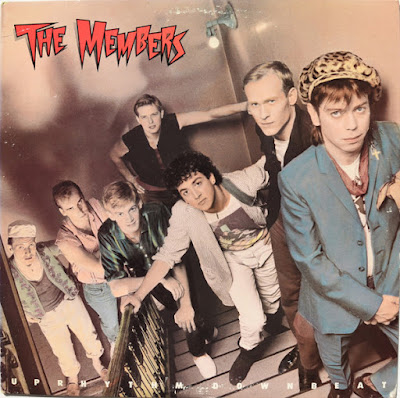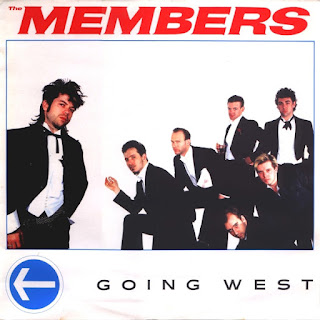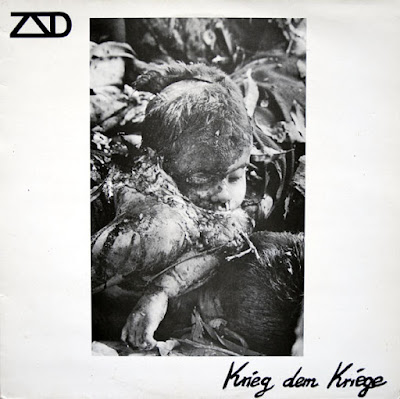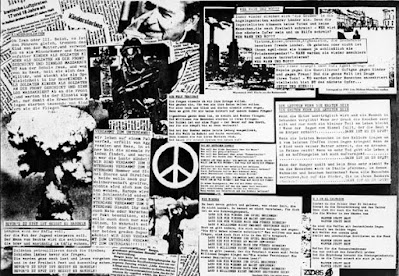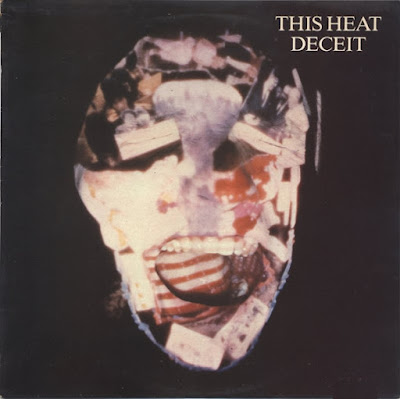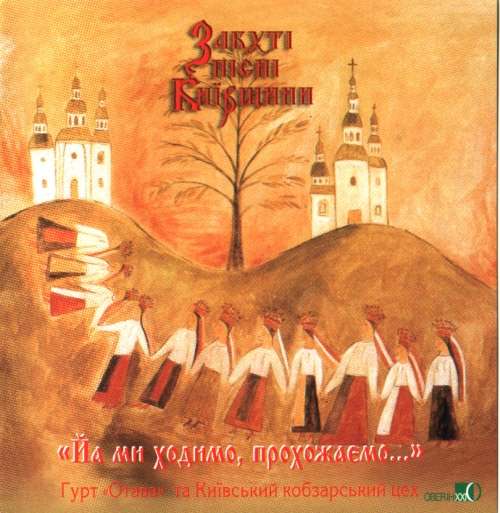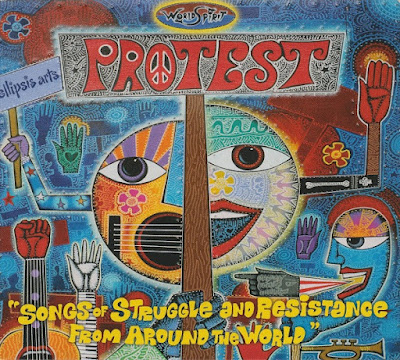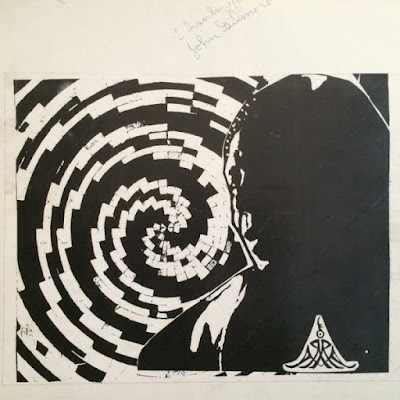"Pongo en tus manos abiertas" ("I Put Into Your Open Hands") is an album recorded by Víctor Jara with the musicians from Quilapayún in June, 1969. It was the third album released by the DICAP record label.
From the liner notes:
"I PUT IN YOUR OPEN HANDS…
Laughter and blows,
Hope and protest.
A shout emerges crossing the large expanse of our territory.
It is the peasant nailing a plough on the land,
the worker filling the air with protest on May Day,
the student and his word
in street battles,
the youth,
that for being young,
cannot but look forward into the future.
And all this is present
in the youth that struggles
and in the song of protest.
The new song of Victor Jara unites,
from his position as activist of the people’s cause,
the spirit of the young generation of our land,
the lengthy tradition of the workers struggles
the awaken conscious of the artist
which is identified more than compromised with the people.
During these days in which the Communist Youth
gather for their VI Congress
to reassert their decision to receive the message
which places in their “OPEN HANDS”
the visionary father of the New Homeland,
Luis Emilio Recabarren.
We also place in the open hands
of all the Chilean youth
These songs that speak to us
about our convictions,
our hopes
of ourselves."
Released in 1969, Victor Jara's fourth album was his masterpiece, a landmark in the evolution of the nueva canción. Intrinsically Chilean yet part of a broader Latin American sensibility, Jara's music blended indigenous instrumentation and folk forms with a contemporary singer/songwriter orientation; his lyrical focus on land reform, organized labor, poverty, imperialism, and race specifically addressed Chile under Frei's presidency but also engaged with a Pan-American revolutionary consciousness and a global progressive awareness. Jara negotiates these three realms throughout this record, backed by Quilapayún. Interwoven with haunting flutes, "A Luis Emilio Recabarren" pays lilting homage to the Chilean Communist Party founder, while the passionate "Preguntas por Puerto Montt" responds to a government-ordered massacre of peasants. The accusatory urgency of Jara's tone and the music's rhythmic insistence differentiate this song from the strum-along preaching that often characterizes protest music. Similarly, "'Movil' Oil Special" raises another topical issue of the period (the violent suppression of student activists), but Jara's oppositional approach is inventive and playful as he frames his concerns as musical theater, punctuating infectious rhythms with crowd noise, gunfire, and sirens, showing rather than simply reporting events. Several cover versions look beyond Chile. A spirited rendition of Uruguayan Daniel Viglietti's "A Desalambrar" speaks to the perennial Latin American problem of land rights and the Caribbean lullaby "Duerme, Duerme Negrito" invokes the continent's racial heterogeneity; on "Juan Sin Tierra," Jara turns his hand to a Mexican corrido and "Zamba del Che" celebrates the Argentinean guerilla leader. A version of Pete Seeger's "If I Had a Hammer" connects with worldwide struggles for civil rights and workers' rights. Most memorable, though, is Jara's own "Te Recuerdo Amanda": fusing the personal and political, the poetic and prosaic, this poignant snapshot of working people is the record's crowning achievement.
Tracklist:
"A Luis Emilio Recabarren" (To Luis Emilio Recabarren) (Víctor Jara) 2:49
"A desalambrar" (Tear down the fences) (Daniel Viglietti) 1:36
"Duerme, duerme, negrito" (Sleep little black child) (Traditional, Adapt: Atahualpa Yupanqui) 2:49
"Juan sin Tierra" (Landless Juan) (Jorge Saldaña) 3:09f
"Preguntas por Puerto Montt" (Questions about Puerto Montt) (Víctor Jara) 2:39
"Móvil Oil Special" (Víctor Jara) 2:46
"Cruz de Luz, Camilo Torres" (Cross of Light, Camilo Torres) (Daniel Viglietti) 3:04
"El martillo" (If I had a hammer) (Lee Hays/Pete Seeger – Adapt: Víctor Jara)
"Te recuerdo Amanda" (I remember you Amanda) (Víctor Jara) 2:33
"Zamba del Che" (Zamba song for "Che") (Rubén Ortiz Fernández) 3:39
"Ya parte el galgo terrible" (The ferocious greyhounds attack) (Pablo Neruda – Sergio Ortega) 1:50
"A Cochabamba me voy" (I am going to Cochabamba) (Víctor Jara) 2:26
Victor Jara - Pongo en tus manos abiertas (1969)
(192 kbps, cover art included)
